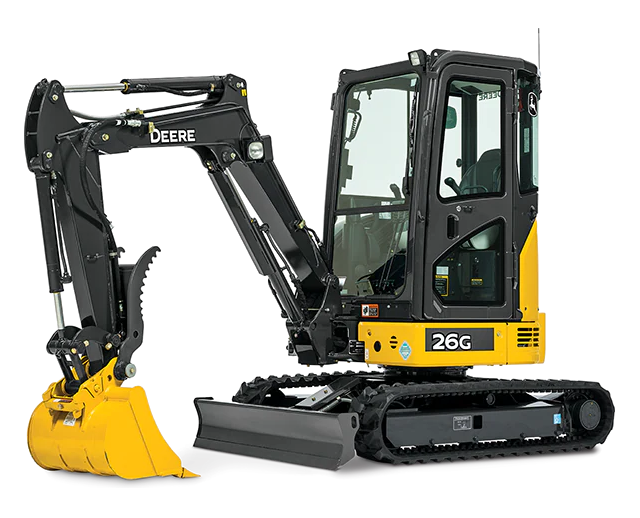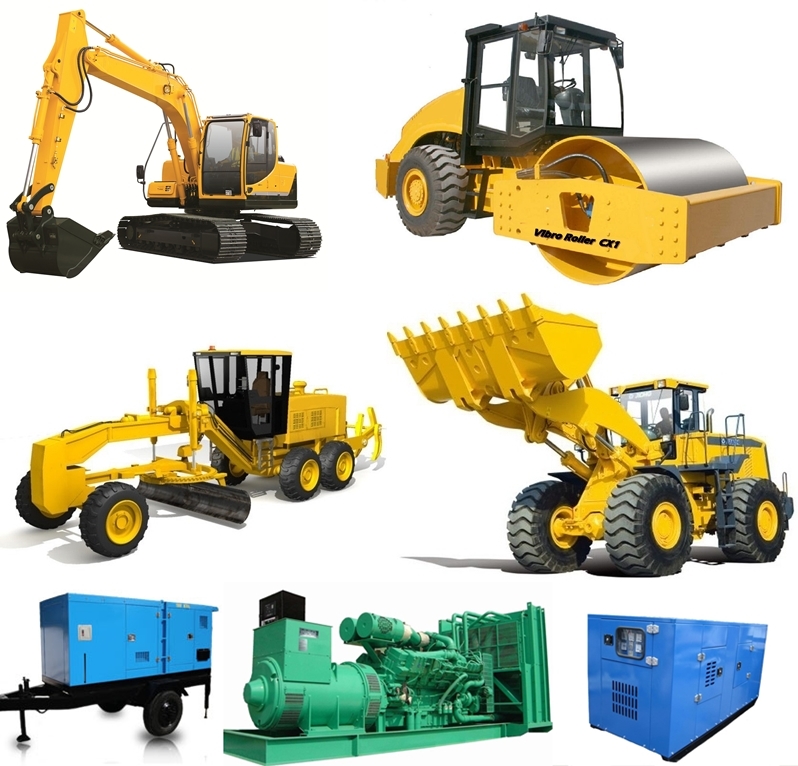Dozer Rental: Powerful Earthmoving Equipment for Your Construction Demands
Dozer Rental: Powerful Earthmoving Equipment for Your Construction Demands
Blog Article
Exactly How to Select the Right Building Tools Rentals to Fulfill Your Certain Requirements
Choosing the ideal building tools leasings is a vital action that can considerably influence project effectiveness and success. It calls for a systematic evaluation of job requirements, devices abilities, rental terms, and logistical considerations. Each factor plays a critical function in making sure that the selected equipment aligns with details tasks and website conditions. The nuances of these analyses can commonly be neglected, leading to potential issues. Understanding exactly how to navigate this procedure effectively may be the secret to optimizing sources and lessening costs-- yet several service providers find themselves at a crossroads when making these crucial decisions.
Assess Your Job Demands
Prior to picking building devices services, it is necessary to thoroughly analyze your job needs to guarantee that the right tools are made use of for ideal effectiveness and safety and security. Begin by specifying the range of your task, consisting of the tasks to be finished and the timeline for conclusion. This foundational understanding will certainly guide you in identifying the certain equipment required.
Following, consider the site conditions, such as surface, ease of access, and the room offered for maneuvering machinery. These factors directly affect the type and dimension of equipment that can be successfully utilized. Additionally, evaluate the awaited work and manufacturing rates, as these metrics will figure out the equipment's ability demands.
Compliance with these regulations can impact tools option and use, impacting total job timelines and prices. Seek advice from with your task group and stakeholders to collect insights and agreement on tools needs.
Evaluate Equipment Abilities
Just how do you determine whether the equipment meets your task's demands? Begin by assessing the certain jobs required for your job and match these with the capabilities of the tools offered for rent. Take into consideration the equipment's size, power, and capability, along with its operational features. If you require to raise heavy products, make certain the lifting ability of the equipment aligns with your demands.

Finally, take into consideration the most recent technological advancements that might boost performance. Features such as GPS monitoring, fuel efficiency, and operator-friendly controls can considerably affect project implementation. By thoroughly assessing equipment abilities versus your task requirements, you can guarantee that you choose the best equipment that not just fulfills but surpasses your functional requirements, eventually contributing to the success of your building and construction job.
Understand Rental Terms
Understanding rental terms is essential for ensuring a successful and smooth devices rental experience. Familiarizing yourself with the details terms of a rental arrangement can prevent misconceptions and prospective conflicts. Secret elements to take into consideration consist of the period of the leasing, repayment terms, and any involved costs.
Typically, rental periods are specified in day-to-day, once a week, or regular monthly terms, and understanding these durations is important for budgeting. Additionally, payment terms might range business, consisting of deposits, late settlement fines, and approved settlement techniques.
It's also vital to make clear responsibilities for upkeep and damages. Some rental agreements may specify that the occupant is accountable for routine upkeep and any type of repair services that take place during the rental period. Recognizing the problems pertaining to damages or theft is crucial; make inquiries about insurance policy choices and responsibility coverage to secure your rate of interests.
Take Into Consideration Transportation Logistics
Transportation logistics play a crucial role in the successful rental of building and construction devices. Appropriate preparation and execution of transportation strategies can substantially affect the effectiveness and efficiency of your building task. Before finalizing devices leasings, assess the area of your project website and the access of transport paths.
Think about the range in between the rental heavy duty ring roller company and your site, as longer ranges can result in raised transport expenses and hold-ups - rental company near me. Assess the weight and dimensions of the equipment to ensure it can be securely transported on offered roads and framework

Be mindful of neighborhood regulations concerning transportation authorizations and paths, as these can influence the logistics of relocating hefty equipment (heavy equipment rental). By proactively attending to these factors to consider, you can reduce prospective disruptions and make sure that the ideal equipment is provided in a timely manner, fostering a much more reliable construction procedure
Contrast Rental Prices and Service Providers
When examining building and construction devices rentals, it is important to contrast carriers and expenses to ensure you safeguard the most effective value for your project. Start by collecting quotes from numerous rental firms to establish a baseline for pricing. Understand that prices can differ substantially based upon elements such as devices kind, rental duration, and extra solutions provided.
Following, think about the reputation and integrity of click resources each provider. Seek client evaluations and reviews to determine their solution top quality. A business with a solid record might justify a higher rental price because of superior equipment upkeep and consumer assistance.
Furthermore, assess the terms of the rental arrangements. Some providers might use flexible rental alternatives, such as day-to-day, weekly, or month-to-month rates, which can be useful depending upon your job timeline. Pay interest to extra charges, such as shipment charges and insurance coverage expenses, which can affect the general rental cost.
Conclusion

Selecting the ideal construction tools services is a critical step that can considerably influence task effectiveness and success.Prior to selecting building devices leasings, it is important to extensively assess your task requirements to make certain that the right devices are utilized for optimal performance and safety.Recognizing rental terms is essential for guaranteeing a smooth and successful equipment rental experience.When examining construction tools services, it is important to compare prices and suppliers to ensure you safeguard the best worth for your task.Picking the ideal building devices rentals demands a thorough analysis of job requirements, tools abilities, rental terms, transportation logistics, and relative costs.
Report this page